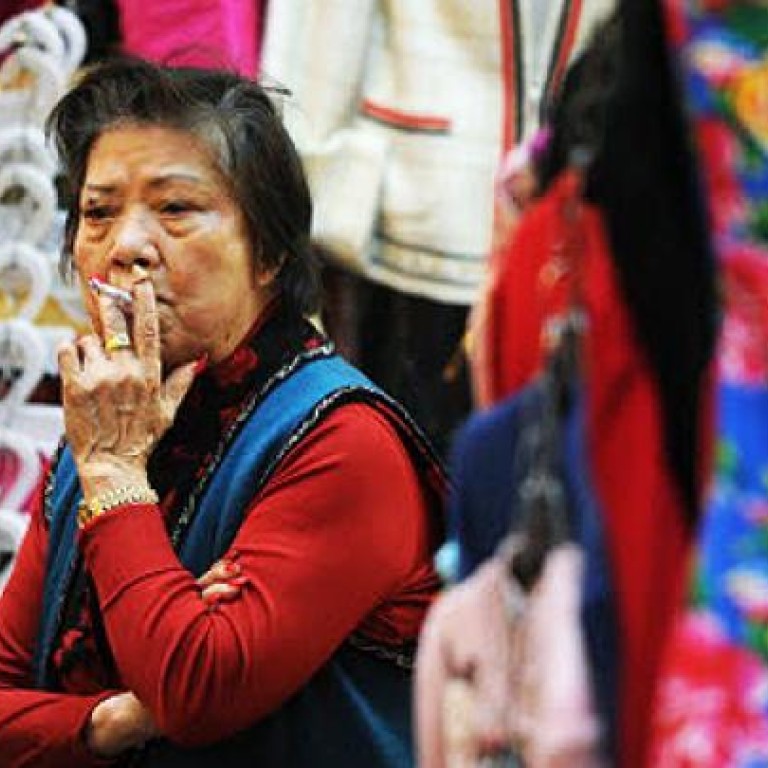
Poverty now endemic in Hong Kong, says NGO
Poverty was now endemic in Hong Kong with elderly people hit the hardest - as the gap between rich and poor continues to grow, a leading NGO said on Saturday.
The Hong Kong Council for Social Services (HKCSS) has been studying poverty in Hong Kong for 13 years and says the situation has worsened and will get more serious unless tackled with long-term plans.
Its latest twice-a-year report reveals that one in three elderly people are below the poverty line. It is also the first time the number of elderly poor had risen above 300,000 - now calculated at 305,000 people.
“The numbers will only grow with our rapidly ageing population,” said Chua Hoi-wai, a business director at the HKCSS. “Poverty has become a continuing trend.”
The wealth gap is also at record high. The median income of the high income group increased by 7 per cent, and is 3.6 times that of the lower income group.
Drawing the poverty line at half of the median household income, the HKCSS calculates that the total number of people living in poverty rose from 1,150,000 last year to 1,187,000 in the first half of last year - which is close to 20 per cent of Hong Kong’s total population.
Christine Fang Meng-sang, chief executive of HKCSS said: “The effects of the minimum wage [implemented in 2011] were wearing off.”
“The minimum wage, reviewed bi-annually, isn’t able to catch up with inflation,” she explained. Fang advised the government to review and adjust the minimum wage annually.
Poverty among young and middle-aged people rose – with around 200,000 working poor households recorded. Poverty among children persisted at 22.4 per cent – or 181,000.
Poverty among elderly people in Hong Kong is more severe compared with other developed countries, noted Fang. She said this was because Hong Kong lacked an adequate retirement income or pension scheme for elderly people.
“Even though there is the Old Age Living Allowance coming into implementation in April, the government needs to carefully monitor how effective is it and whether adjustments need to be made. Ultimately, there needs to be more long-term goals to establish a retirement plan for all,” said Fang.
She said poverty could only be solved by better education and good employment opportunities.
Chua Hoi-wai also urged the government to adopt long-term polices. “Poverty alleviation is not just giving out money, but about investing in society. If we educate our young well, they will contribute to society in future.”
